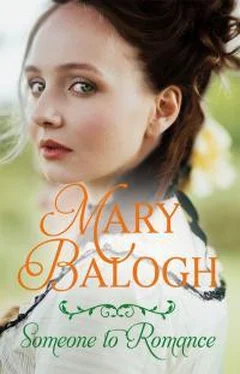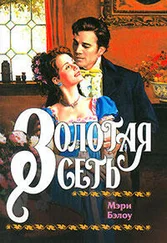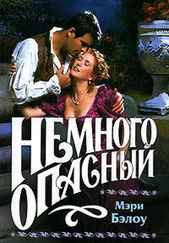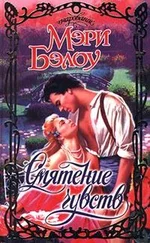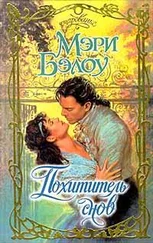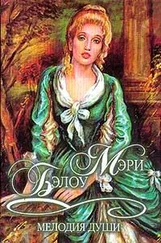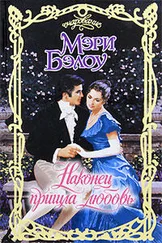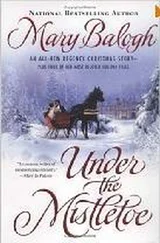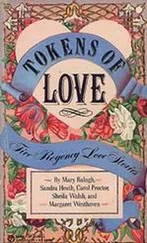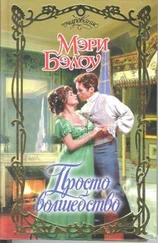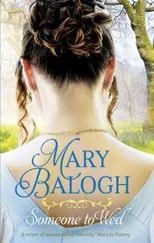And not just Mary. Innocent servants and their families had lost their employment for no just cause. Some of them were now homeless. Yet they were his. His people. Good God, they were his responsibility. For perhaps the first time he understood the selfishness of his own behavior in remaining in America for six years after learning that he had inherited the title, just because he was happy there and did not wish to upend his own life by returning to England. Yet sometimes duty ought to outweigh inclination. He should have known—and surely he had deep down—that Mary was not the only one who had suffered from his absence.
He was greatly to blame for the way things were.
There was one more section in the report. It contained information Norton had gathered while imbibing pints of ale at the village tavern during the evenings— painfully slowly, sir, because I did not want to be too obvious with my questions and arouse suspicion.
Mr. and Mrs. Ginsberg, once tenants on a farm owned by the late Earl of Lyndale, had moved away with their daughter, Miss Penelope Ginsberg, soon after the death of their son.
It was said by someone who knew someone who knew someone else . . . You know how gossip works, sir, Norton had written, that Mrs. Ginsberg died of grief not long after and that Miss Ginsberg has since married a man by the name of Clark. The couple is said to be living with her father and Mrs. Clark’s son, now twelve years old, to whom she gave birth before her marriage.
Norton could not vouch for the truth of the story, he admitted, since he had not yet had a chance to check it out for himself. He was a new employee at Brierley and could hardly ask for a three-day leave so soon. It would probably take him that long to get to Lilyvale, where they supposedly lived, do his investigation, and get back. The village was at least thirty miles from Brierley.
It is generally, though not universally, believed by those who drink regularly at the tavern, Norton had gone on to report, that Gabriel Rochford—you, sir—is the father of the twelve-year-old boy. You were believed to be stepping out with the mother at the relevant time. There is much less agreement among the locals upon how Orson Ginsberg, the young lady’s brother, came to his death. A duel gone wrong? Accident? They all have their proponents. The only thing everyone seems agreed upon is that young Ginsberg was shot in the back the same day Miss Ginsberg confessed to her parents that she was with child. There is also disagreement about who fired the fatal shot even though two men claimed to have witnessed you doing it, sir. Everyone I talked to, without exception, was adamant in his belief that if it was you, it was an accident and not murder. You just did not have it in you, one old-timer assured me, and there were plenty of other assenting voices. It is believed by almost all, sir, that you fled Brierley in order to avoid the hangman’s noose, but opinion is divided upon whether it was an act of cowardice or prudence. There are a few—pardon me for mentioning it, sir, but you did direct me to give you the full truth—who say you fled more to avoid taking responsibility for what you had done to Miss Ginsberg than out of fear of a noose.
Gabriel folded the pages and set them aside. They left him with much to think about and a far greater sense of urgency than he had felt thus far. Also a new sense of guilt. How could he possibly have assumed that Mary was the only one who faced hardship and suffering from Manley Rochford?
He glanced through the small pile of invitations—another ball, a concert featuring a famed contralto, a garden party, an evening at Vauxhall with a party being put together by the Marquess and Marchioness of Dorchester. He paused over that last one. Dorchester was Lady Estelle Lamarr’s father. Was there still a push on, then, to match her with him? It was surprising, if it was true, since she had made it clear she was not interested in him—or in any other man. Who else would be in the Vauxhall party? Lady Jessica Archer? It seemed a distinct possibility.
He thought about the evening before, particularly about the half hour or so he had spent virtually alone with her at the pianoforte. Something had happened in that short time. Something had changed. He was still determined to marry her, and still for the same reasons. But he had been thrown a bit off balance by the glimpses of humanity she had shown him—her flashing smiles, her laughter, her helpless giggles when she completely bungled their duet. And he had been oddly disturbed by that finger-touching incident. It was absurd enough to be embarrassing that that incident alone had kept him awake for at least an hour after he lay down last night. It was not, after all, as though he had stolen a kiss or fondled her in inappropriate places.
He had touched her finger, and for a few moments—not even long enough to allow him to catch the thought that had flitted into his mind and on out again—he had come close to understanding what romance was.
And perhaps what lay beyond romance.
Would she be at Vauxhall? Would Rochford? Gabriel’s jaw tightened. That man, his second cousin once removed, was ambitious as well as conceited. His behavior was larded with false charm. Conceited men were often merely shallow, with nothing specifically vicious about them. Anthony Rochford was a malicious liar. And like a true coward, last night he had directed his malice at a man he supposed dead and unable to speak up for himself.
Well enough, he had said when Lady Estelle had asked him if he had known Gabriel Rochford. He was a likable boy. I was fond of him. It grieved me to see his wildness turn into vice.
Yet Anthony Rochford had never met him until very recently. Gabriel Rochford’s behavior had always been as far from wild as north is from south. Any hard edges he had now were acquired in America. He remembered his boyhood self as quiet, studious, rather dull, too plagued by conscience and concern for the feelings of others to get into any real mischief. He had been his father’s son, in other words. His first nine years had shaped his character and sensibilities.
He was a likable boy. Not only had Anthony Rochford never come to Brierley with his father while Gabriel was there, but he was also eight or nine years younger than Gabriel. He would have been only ten or eleven years old when Gabriel went to America.
There were two things he must do without further delay, Gabriel decided. He must marry Lady Jessica Archer—if she would have him. But first he must make a journey. It was time to take some action—almost seven years later than he ought.
He would accept the invitation to Vauxhall. It would probably be an enjoyable evening even if Lady Jessica was not of the party. He had heard that Vauxhall was a place one must see when one was in London. But he hoped she would be there. He could no longer indulge in social activities for the mere pleasure of them—not that he had done so from the beginning, of course. But he must develop a stronger sense of purpose.
He had arranged to spend the morning with Bertie Vickers. They were going to spar at Jackson’s boxing saloon. Bertie was not an early riser, however. The breakfast things having been removed from the table, Gabriel sat down to write a letter to Simon Norton with instructions not to leave the estate. He would take care of further investigation himself. He wrote also to Miles Perrott, his partner in Boston, thrusting aside the wave of homesickness that threatened to engulf him as he did so. Boston was no longer home. It was regrettable, but he might as well grow accustomed to the new reality. He informed Miles that he would not be returning, at least not in the foreseeable future. He also wrote an acceptance of the invitation to Vauxhall.
Читать дальше
